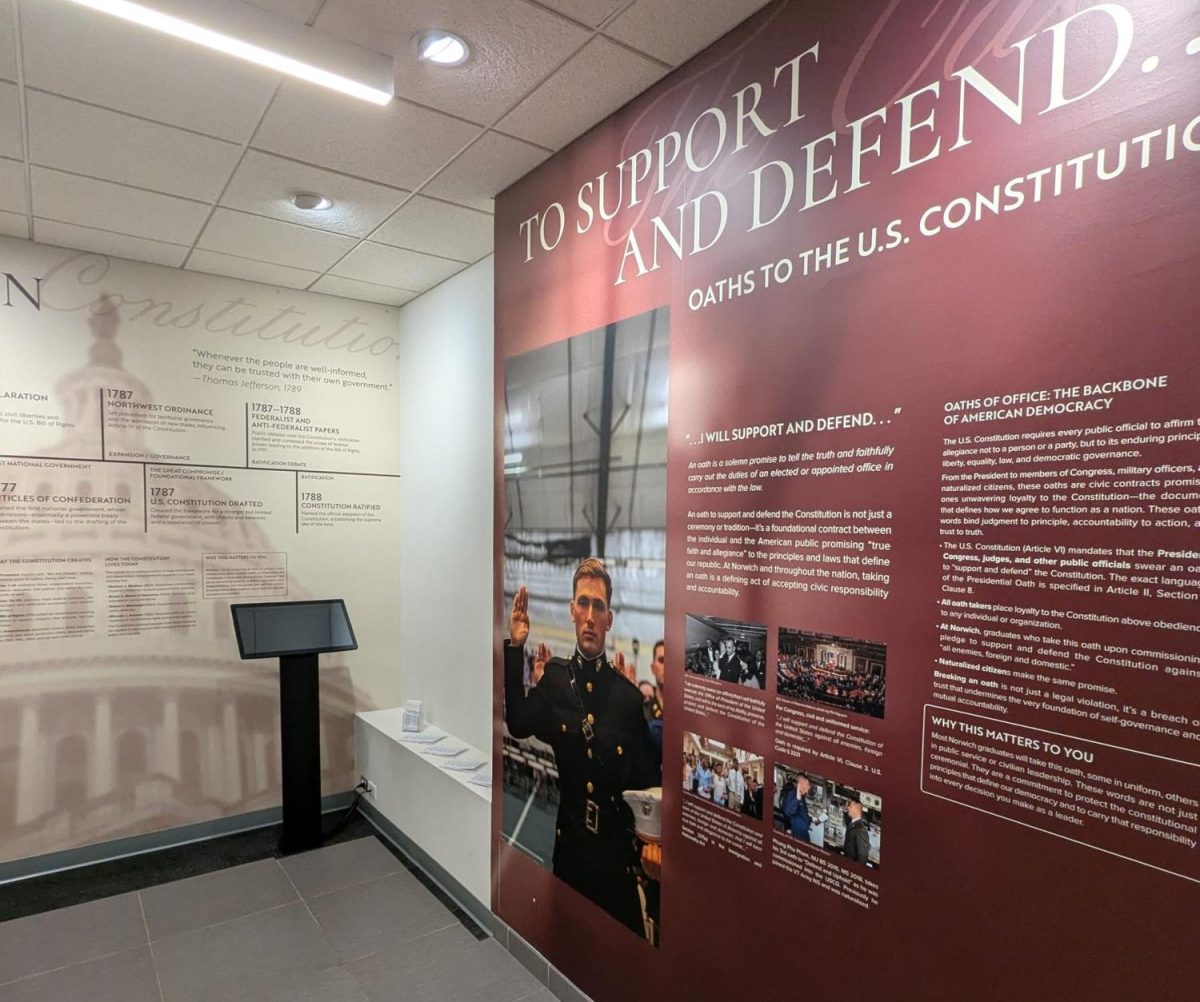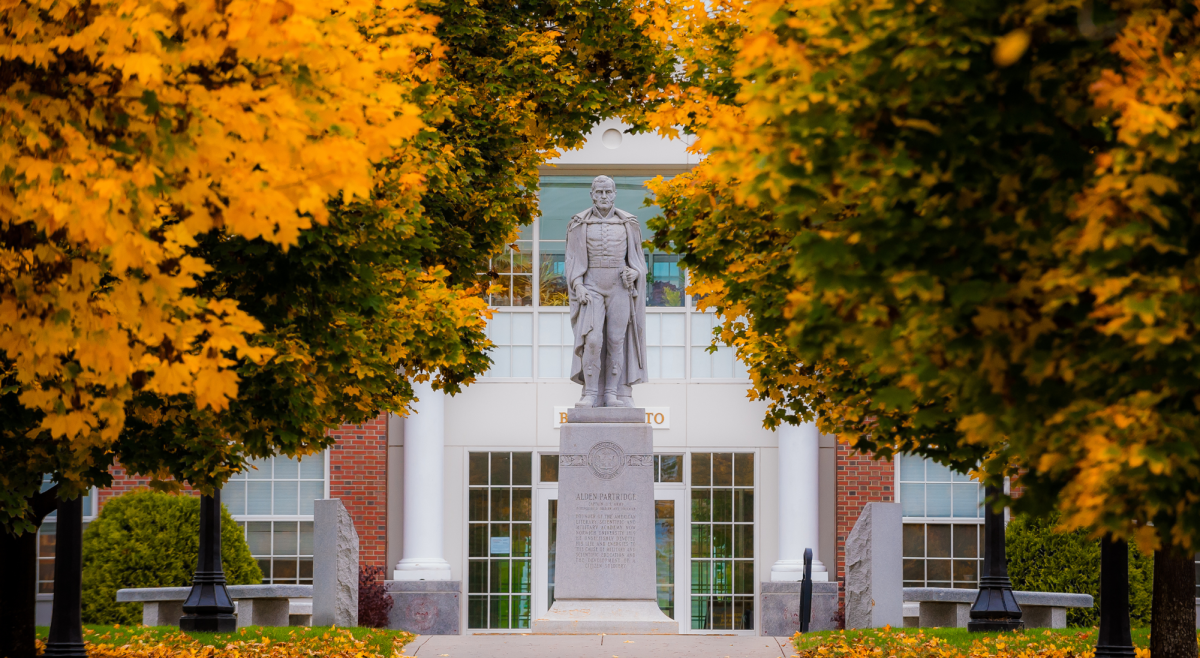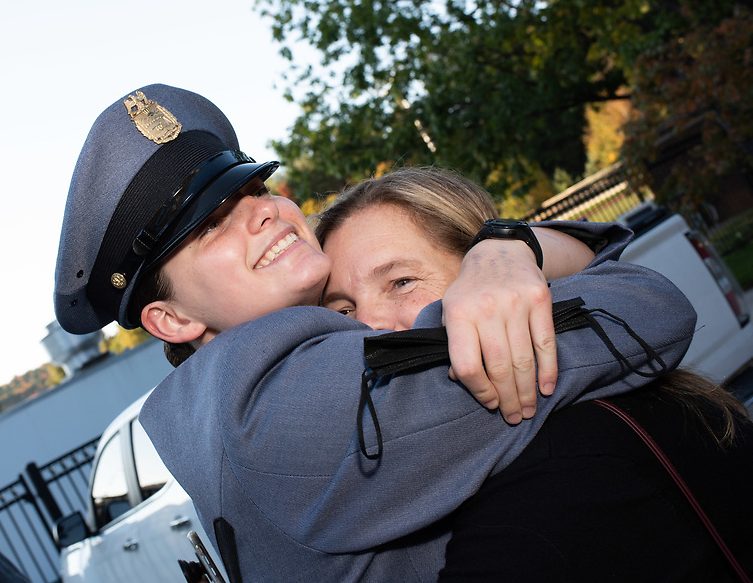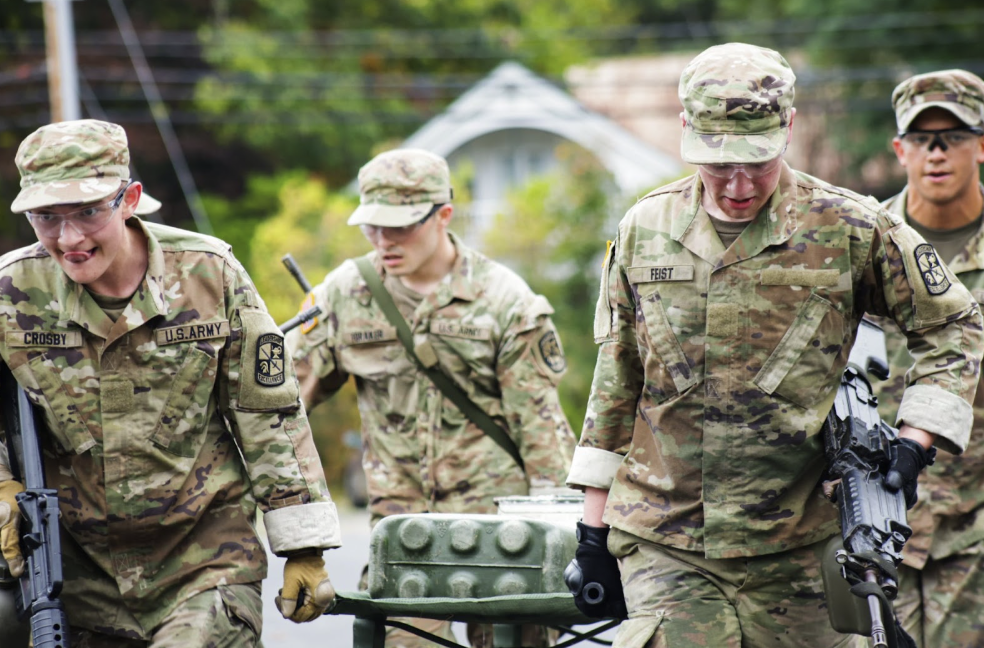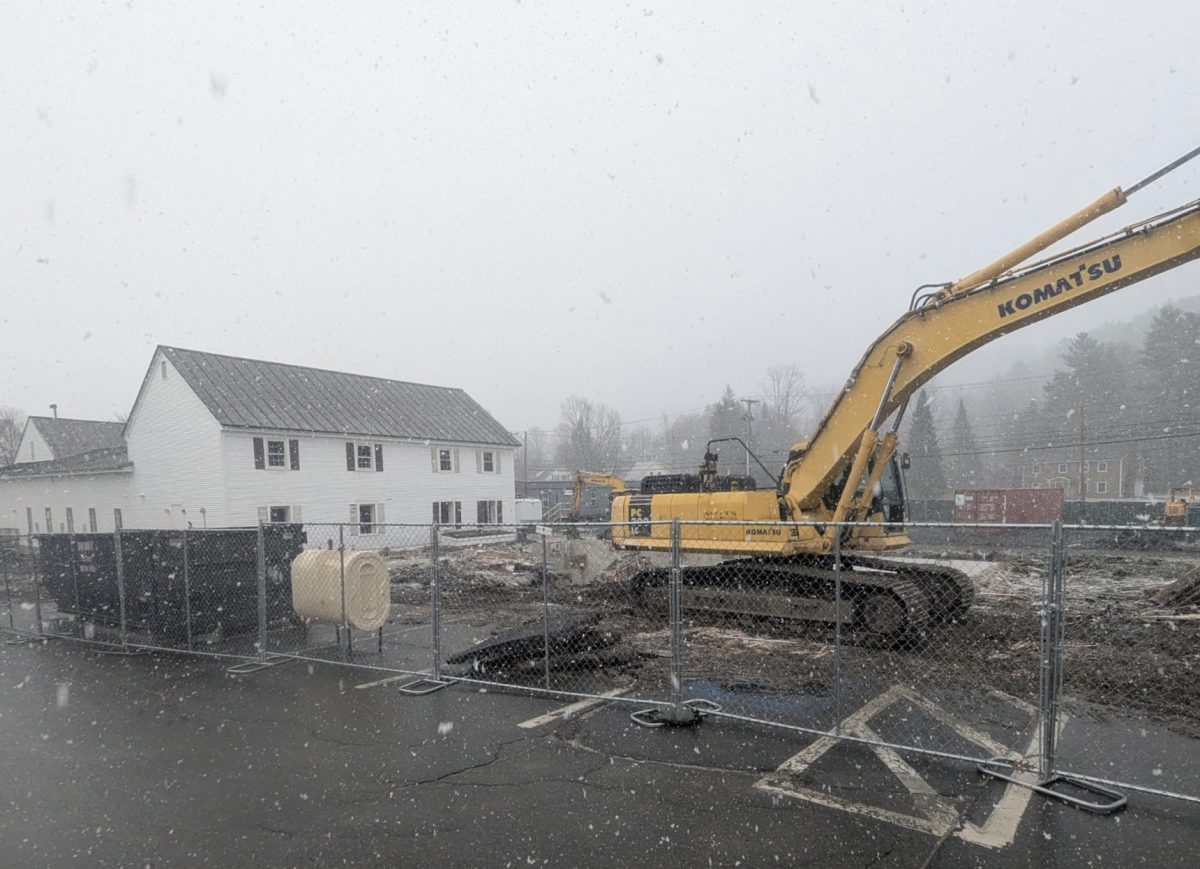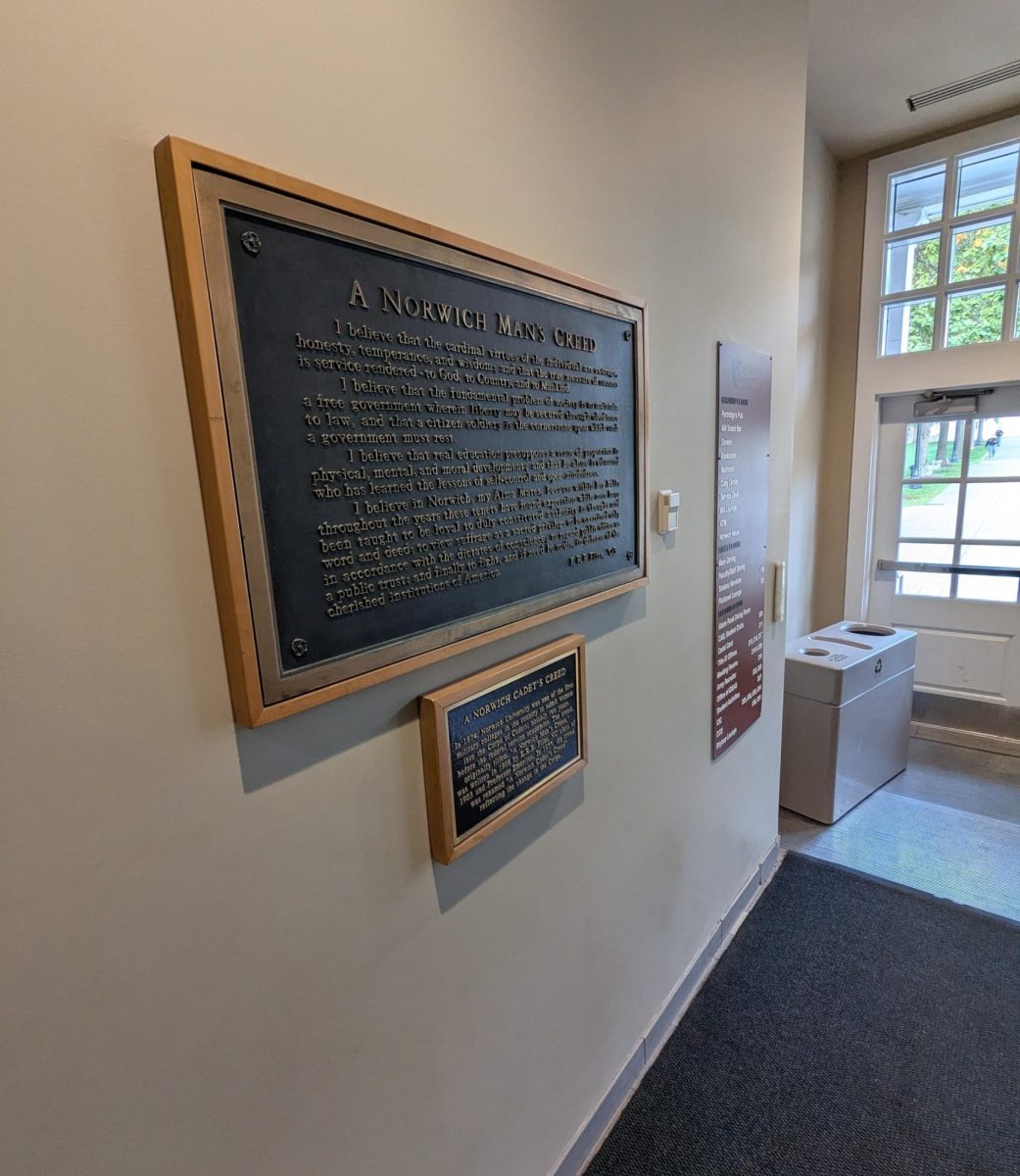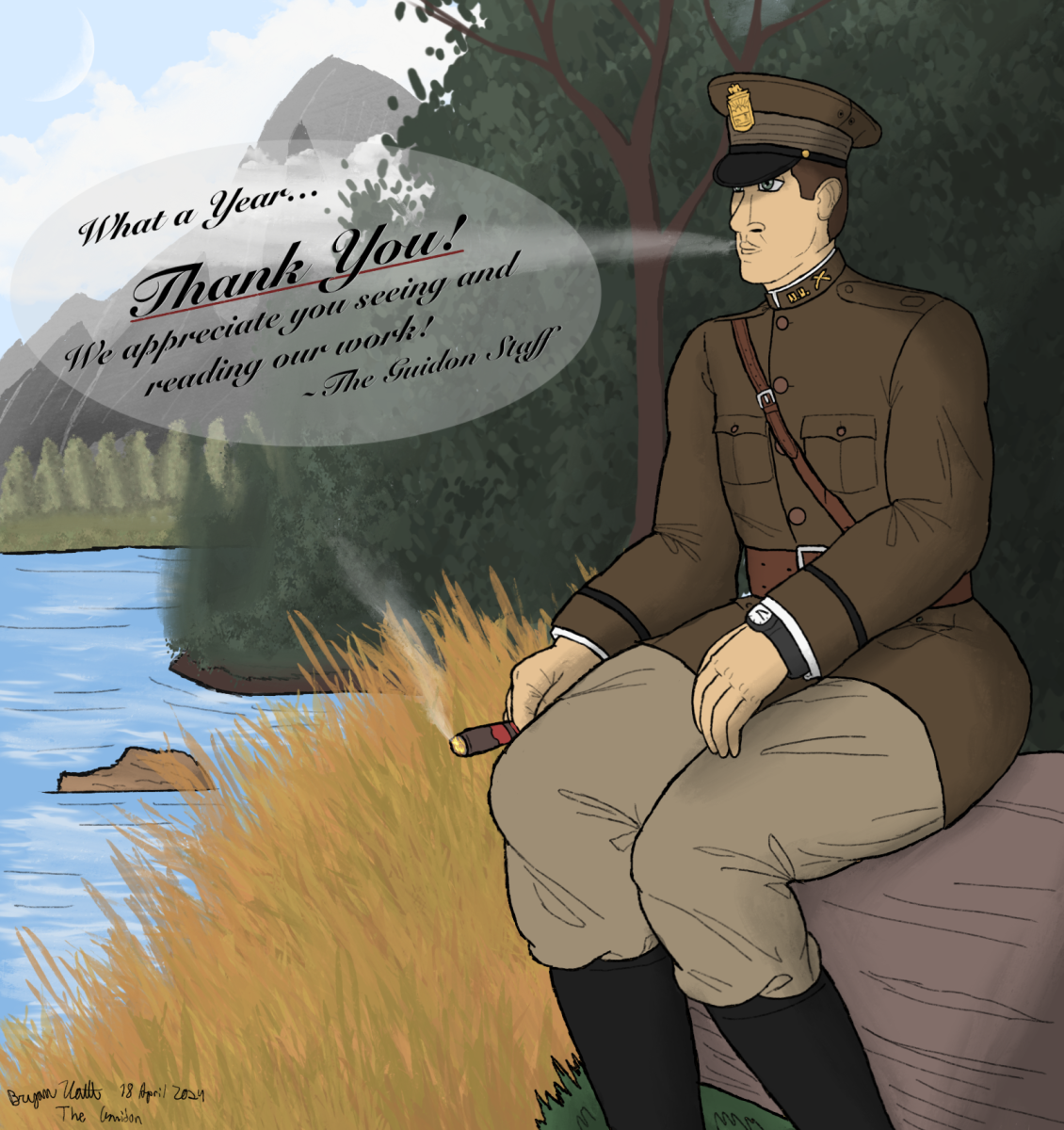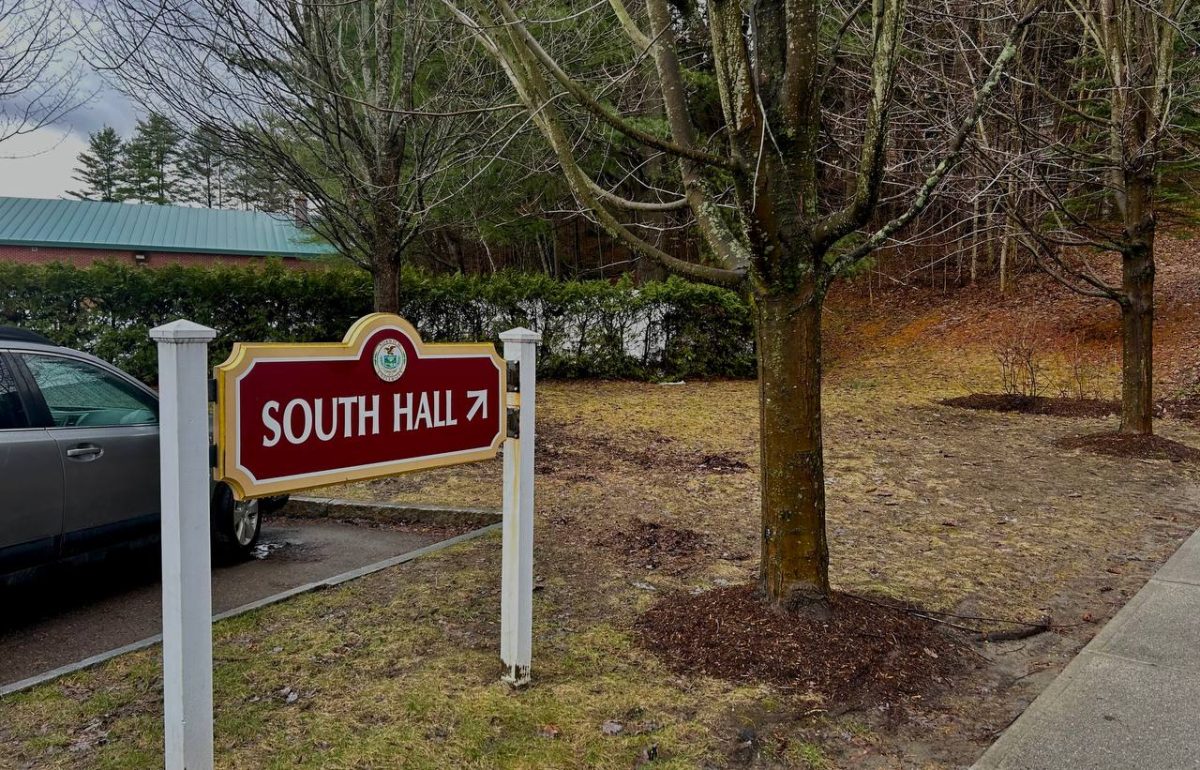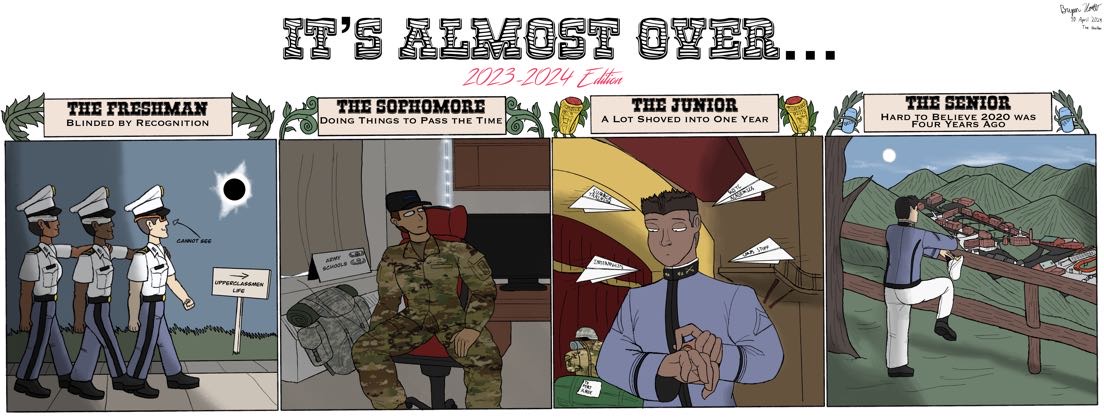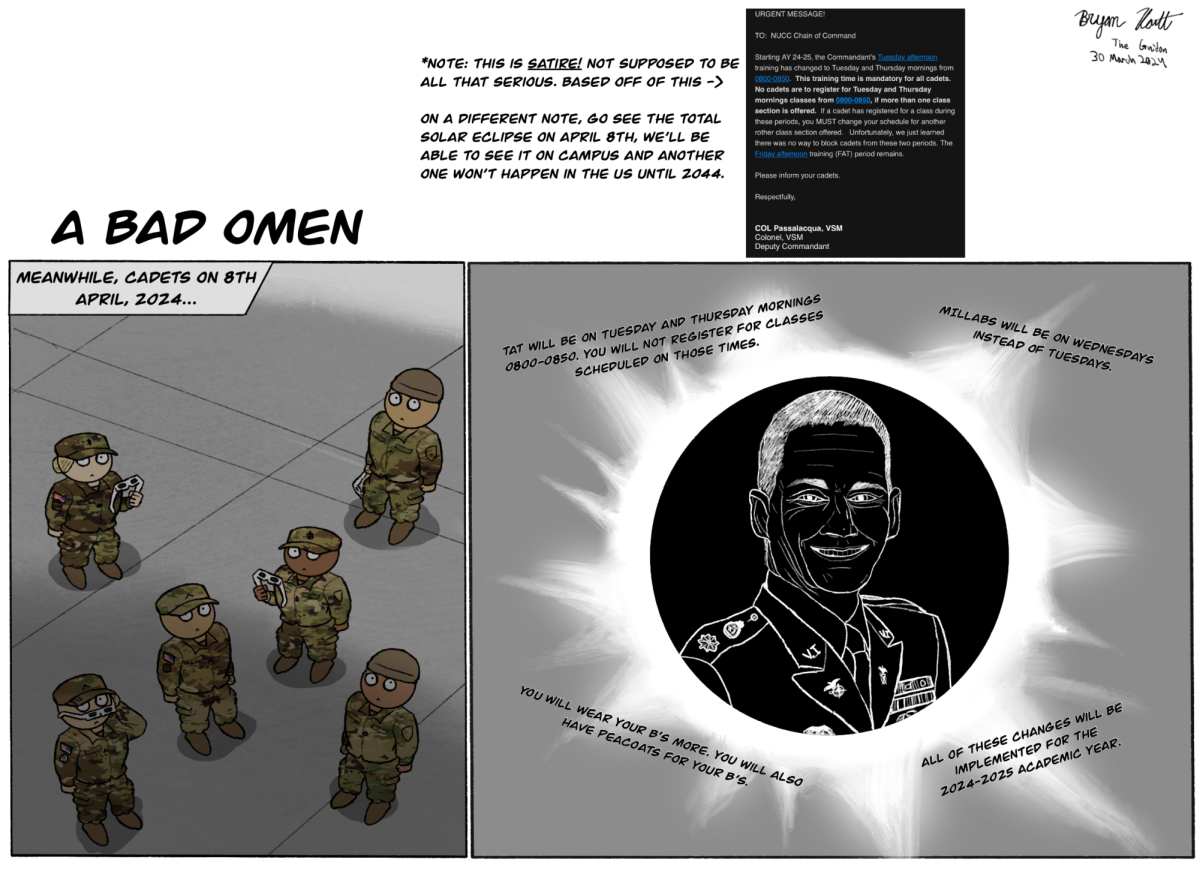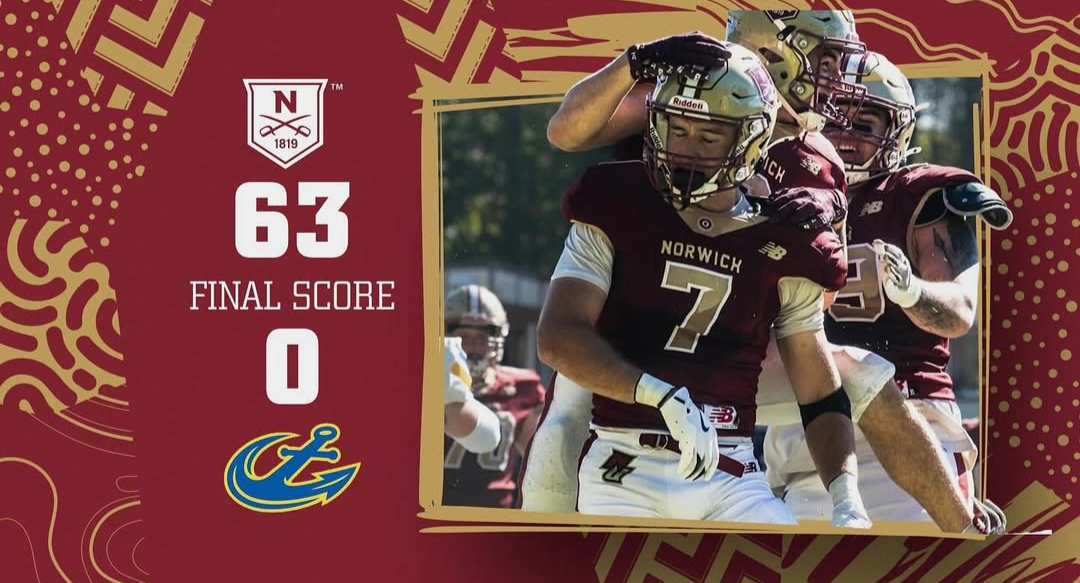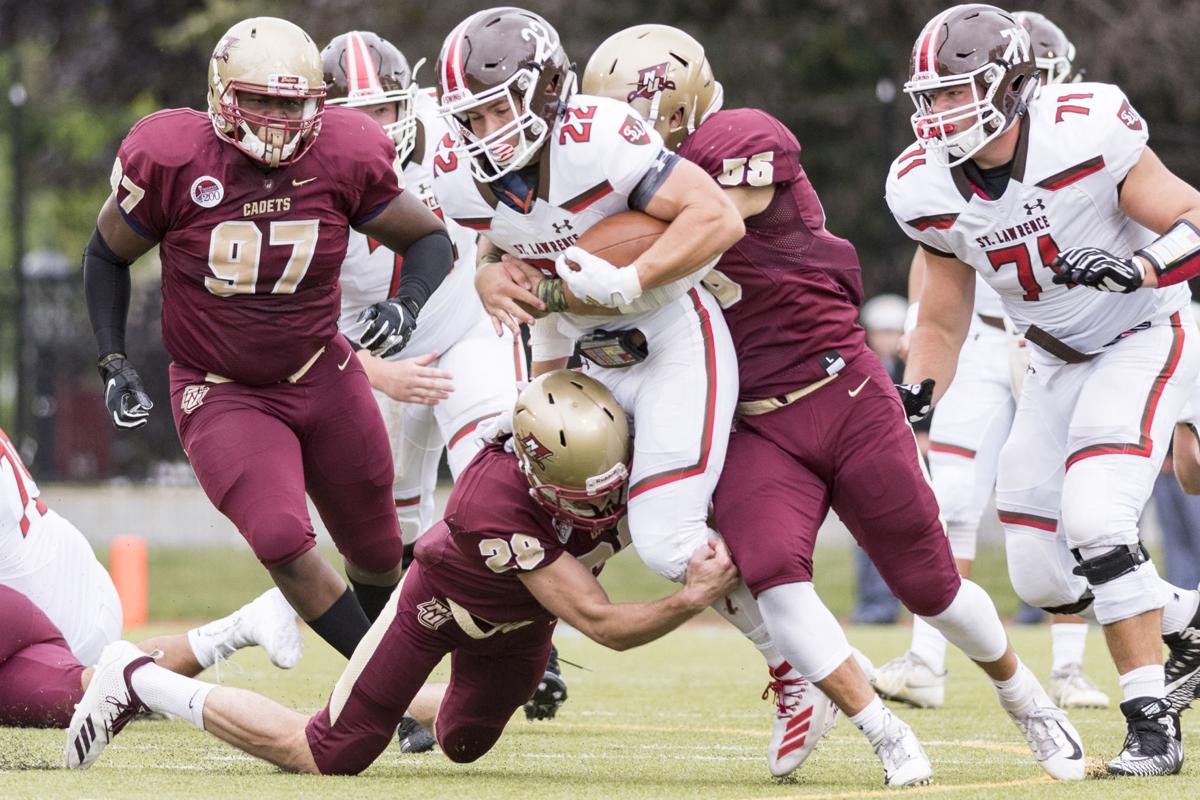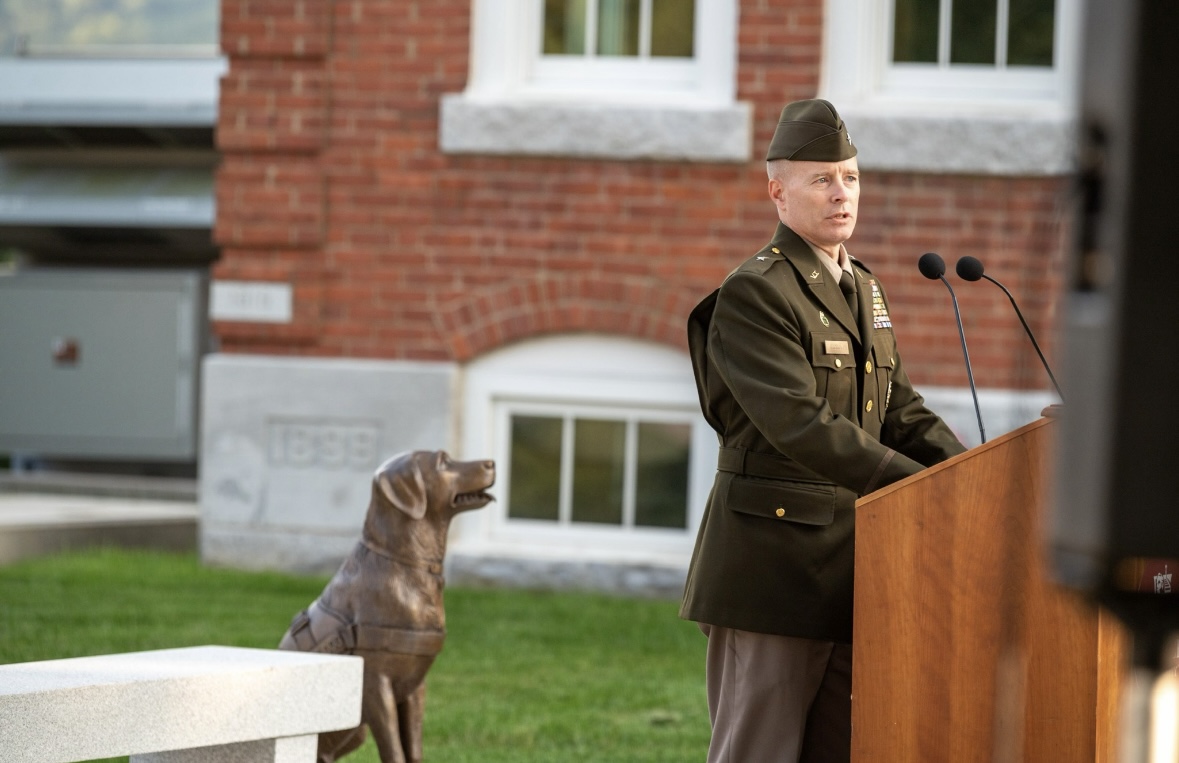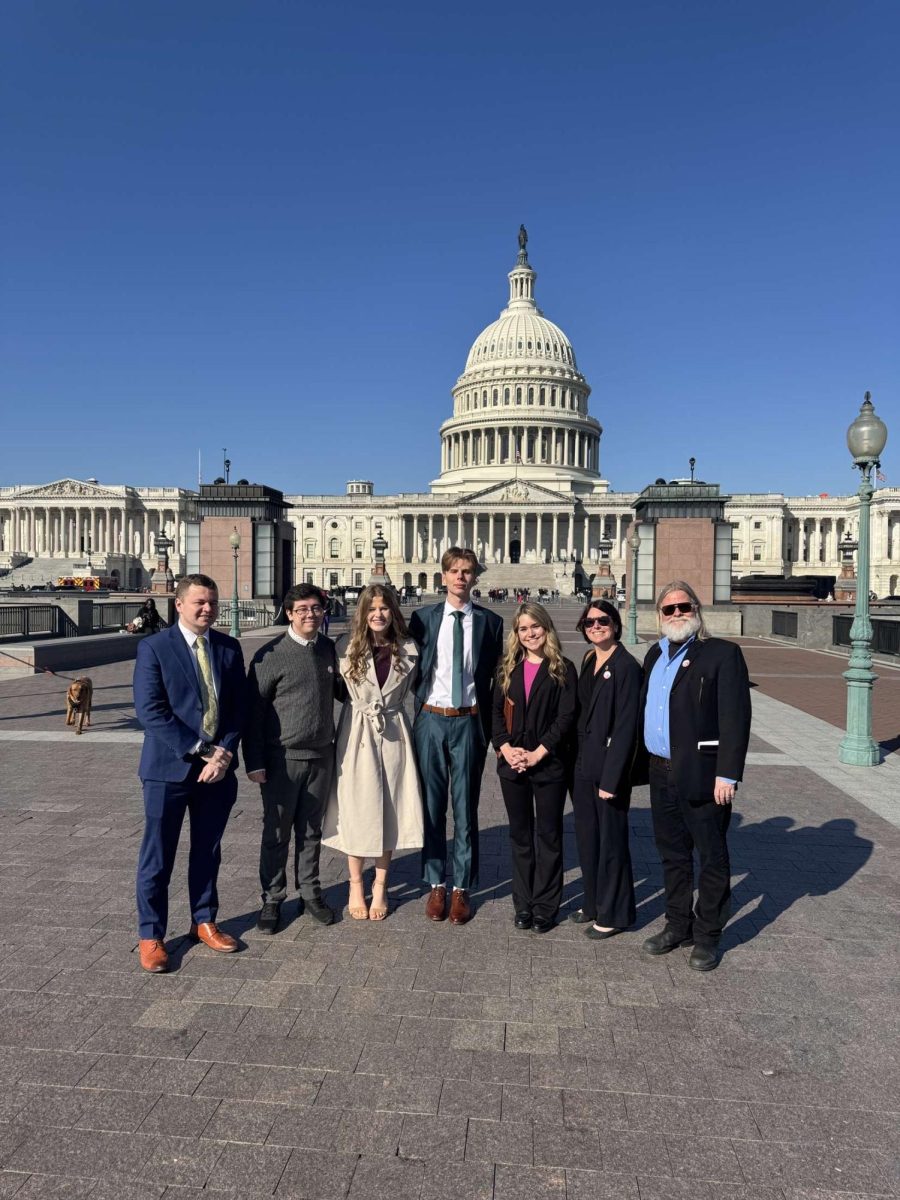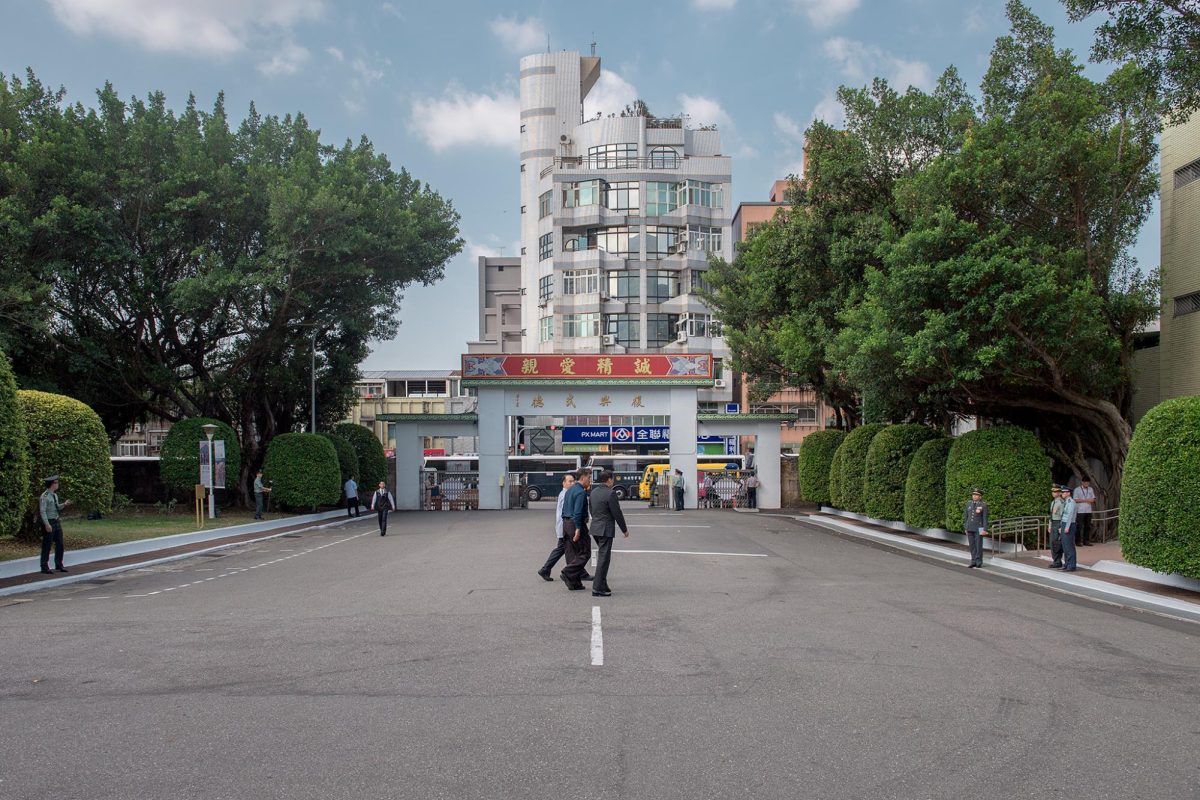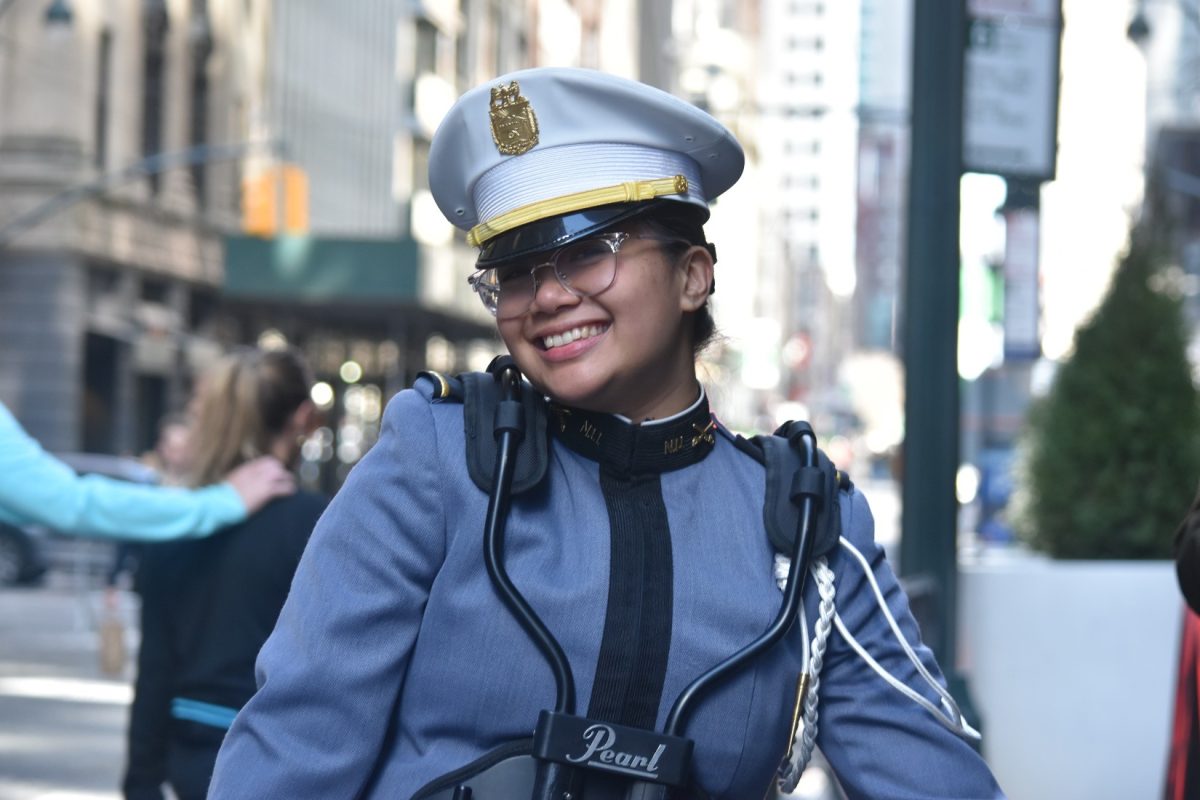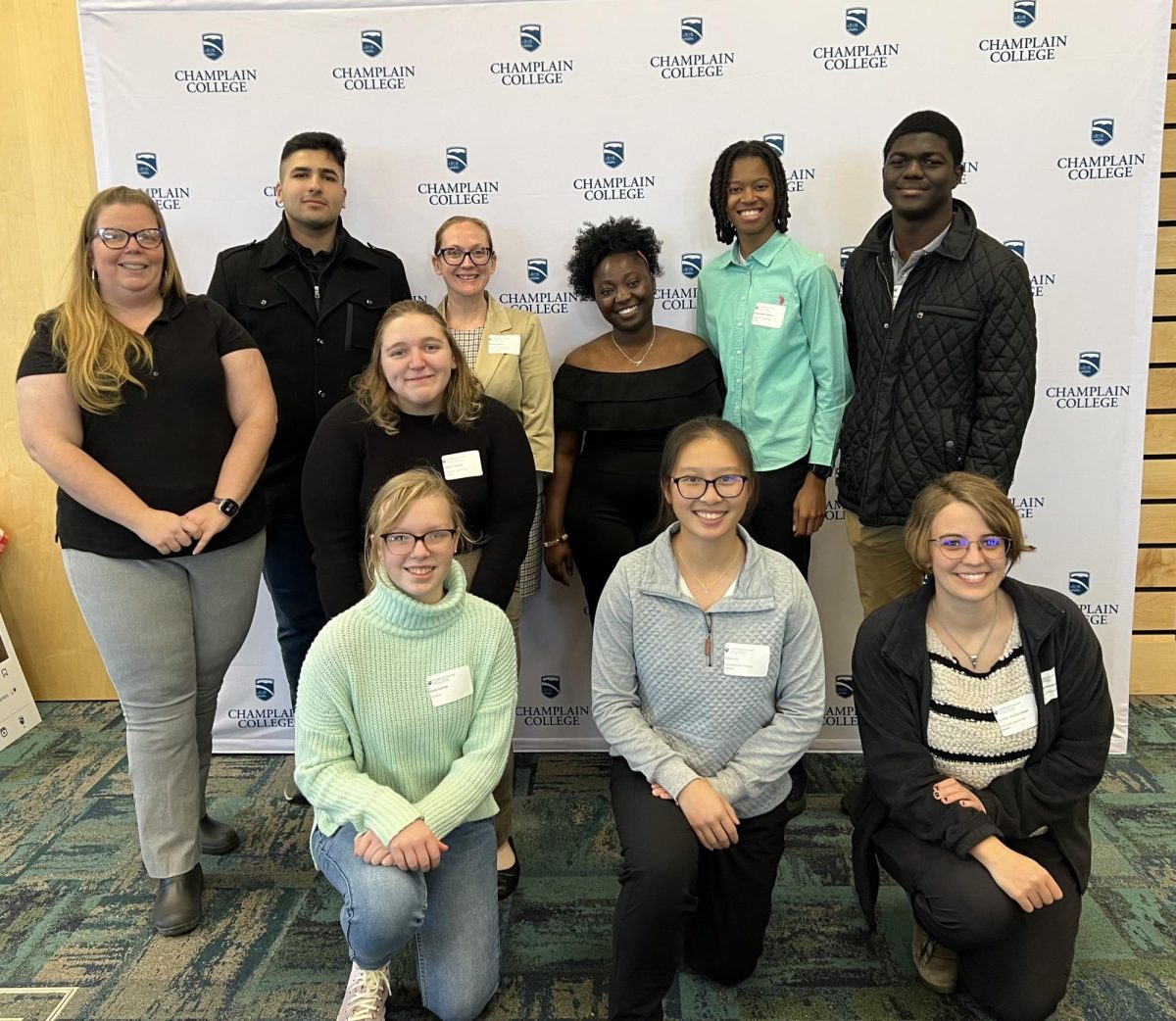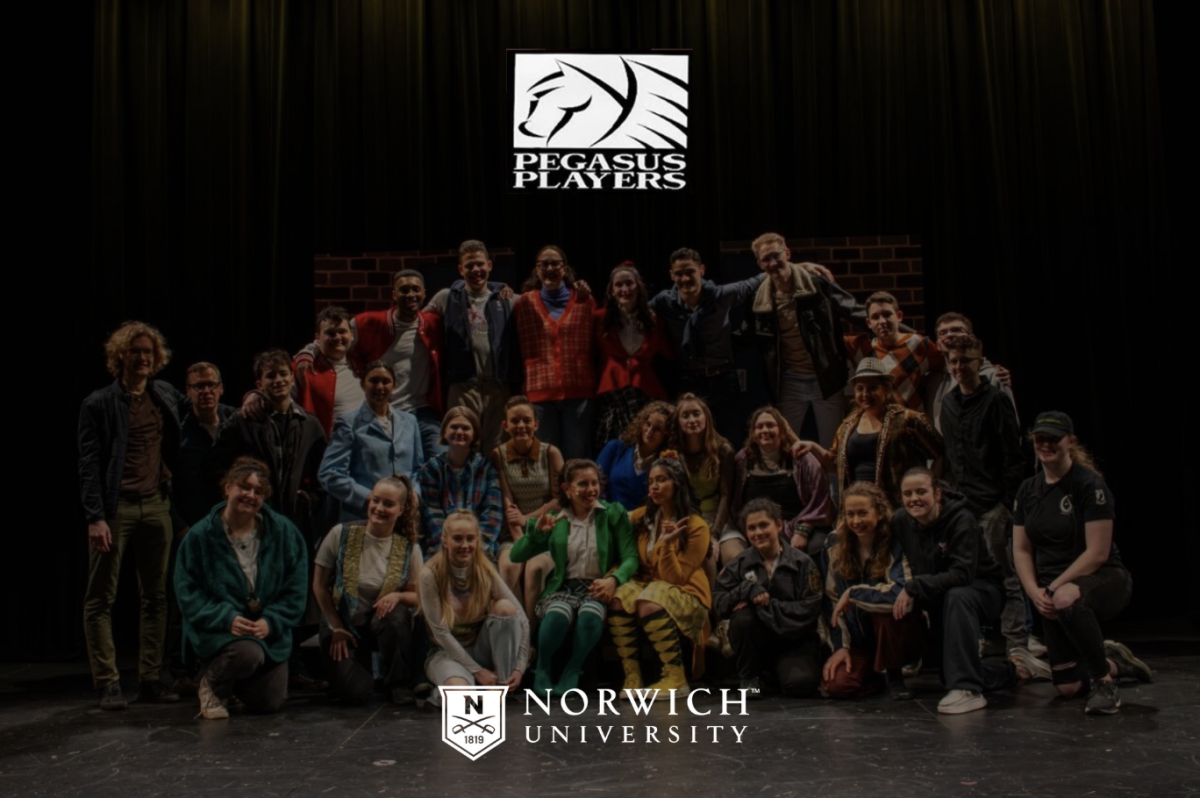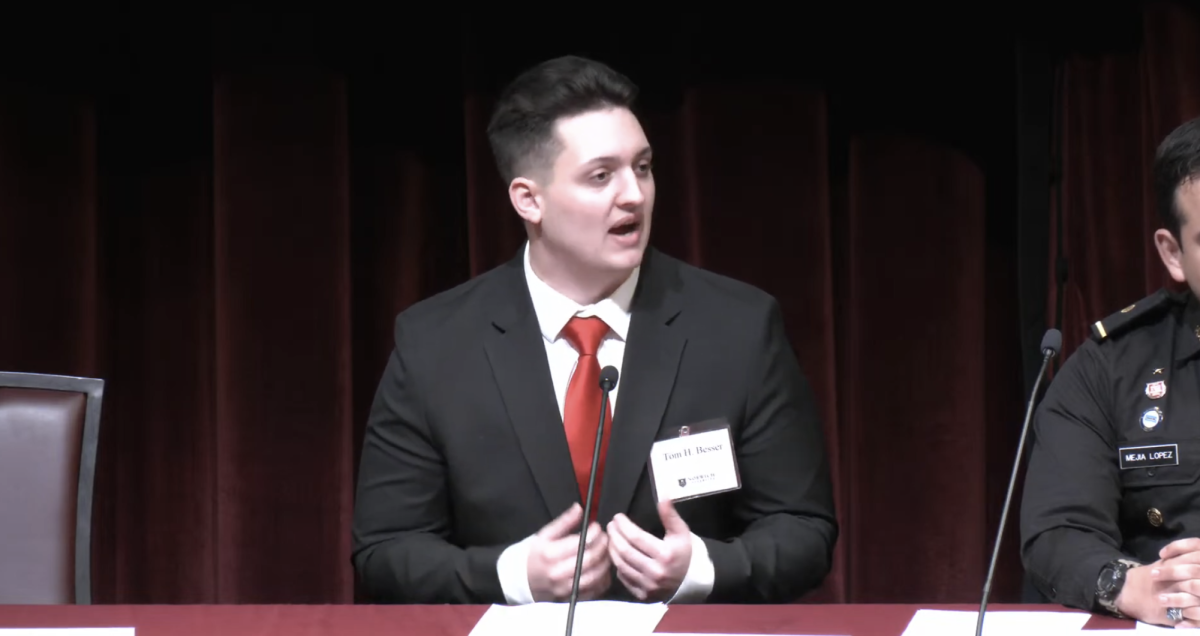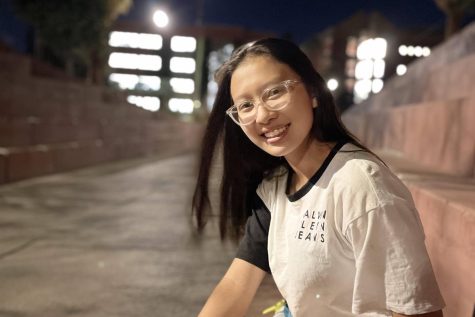“It wasn’t about us. It was about informing those going into (or are in) college, knowing the potential Computer Security holds” said Dominque Seaton, age 19, Computer Security major, Junior in the Corps of Cadets’25.
In previous years, the Women in Cyber Council has annually held national conferences for WiCyS programs. Within these conferences, students experience and can engage in diverse presentations and speeches from women panelists.
This year, NU’s WiCyS club is invited to join the first regional conference held in Vermont. This conference resulted in a turnout of over 150 attendees and was geared toward “bridging the talent and gender gaps in Computer Security and Digital Forensics fields” said Scott Stevens, in his LinkedIn post, Dean of the Division of Information Technology and Science at Champlain College.
“I felt like this conference was more student-related” states Eliezer Aboagye, age 19, Computer Security major, Civilian’25. “In previous conferences, they were only informative.”
This past summit was pivoted on the themes: Stories from the Front Line and How to Get into the Field where speakers would share their personal experiences and the potential they see in the cyber field.
“I was able to hear from professionals, who weren’t necessarily related to cyber fields, and not all had security clearances either” states Ahmed Mohammad, age 19, CSIA major, Corps of Cadets’26.
The cyber field was not as diverse as it is today. Back then, many of the speakers had built a career in separate fields and mentioned cyber security as male-dominated and still is, but the woman-to-male ratio is slowly growing.
Mohammad shares that the speech that stuck out the most for him was “The Future of Data Privacy Protections in Vermont” by Charity Clark, Vermont Attorney General. “It was because she was passionate about her job and spoke about the illegal use of facial recognition cases that allowed her to involve herself in cyber.” This case involved the company, Clearview AI, in its initial workings.
There were also activities involving audience participation with Google Dorking and OSINT techniques which Norwich University offers through the Information Warfare minor.
“I really liked learning about The Role of Digital Forensics in Preventing and Detecting Human Trafficking,” undergraduate research, said Aboagye. The study was on the Apple Air tag and how it could also be used as a tracker on people.
Next year, Norwich University WiCyS Club hopes to work to host a cyber conference as well.
“Norwich offers a diversity of experiences, for instance, our information warfare minor and the pen taskings courses would be great to showcase. We can easily invite key speakers as well,” said Seaton.
However, Aboagye has shown concern with funding since similar cyber clubs are competing for similar objectives.
